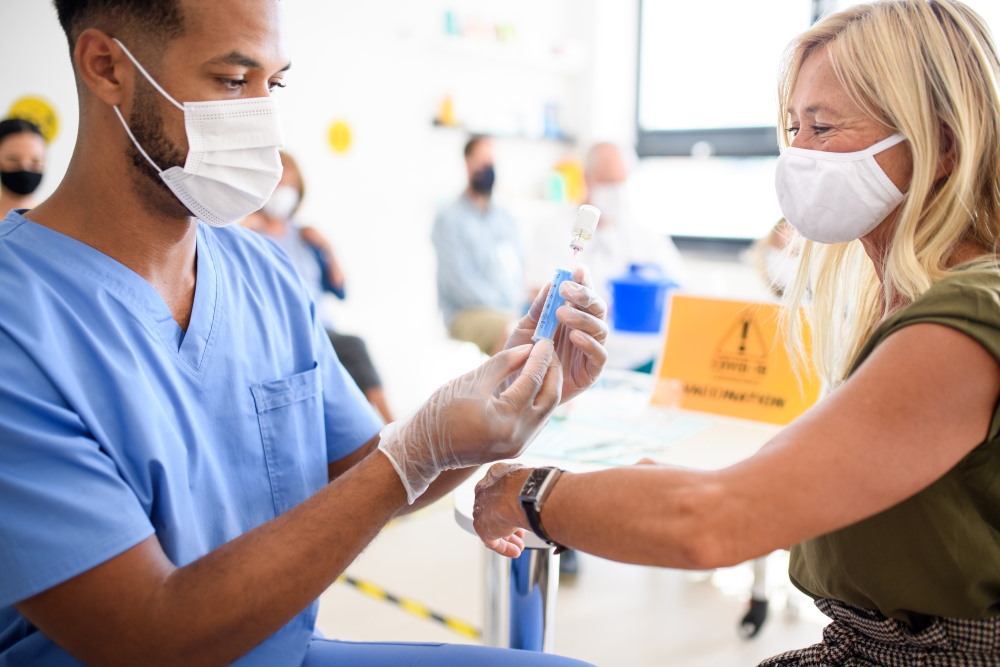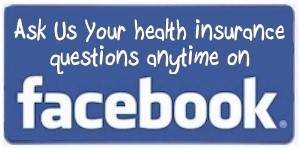
December 2nd, 2020 – Now that we have FDA approved vaccines for COVID-19, many people are curious about when they can get them and how their health insurance may cover them.
The federal government has purchased millions of doses of different COVID-19 vaccines, which are to be distributed for free through providers who will administer them. All but one of the Phase 3 COVID-19 vaccines will require two dosages administered several weeks apart. Just one vaccine requires only one shot.
It’s worth noting that while the vaccines purchased with taxpayer dollars will be free, vaccine providers can still charge for administering the vaccines. However, those fees may be paid for or reimbursed by the patient’s private or public insurance program.
The federal CARES Act requires that Affordable Care Act compliant employer-sponsored and individual health plans cover coronavirus vaccines at no cost to insureds, 15 days after it is recommended by the Advisory Committee on Immunization Practices (ACIP). It also appears that Medicare and Medicaid will also cover the COVID-19 with no cost sharing. It’s always a wise practice to take care to make sure that non-emergency services are provided by in-network providers.
The initial phase of the vaccine will be offered to health care personnel and residents of long term care facilities, after the COVID-19 vaccine is authorized by FDA and recommended by ACIP. The next phase of people to get the vaccine are likely to be people over age 65, people with higher risk pre-existing conditions and essential workers, such as people in education, law enforcement, food and transportation. The final phase will be pretty much everyone else and that could begin as soon as April, May or June. After that phase of vaccination is complete then life may get closer to normal.
There will still be some risks, as not everyone will be vaccinated and the vaccines themselves are not 100% effective. Still, the risks should be substantially reduced as compared to now. There is hope that the summer of 2021 will be much safer and enjoyable than the summer of 2020.






My hope is that, by next summer, we will be able to get past this and move on with at least a semi-normal life. It’s understandable to be concerned about early vaccines, but this is why it’s all the more important for people to take care when out and about.